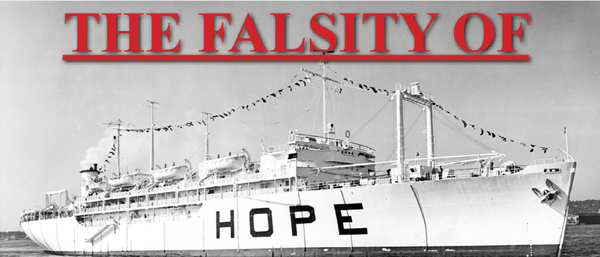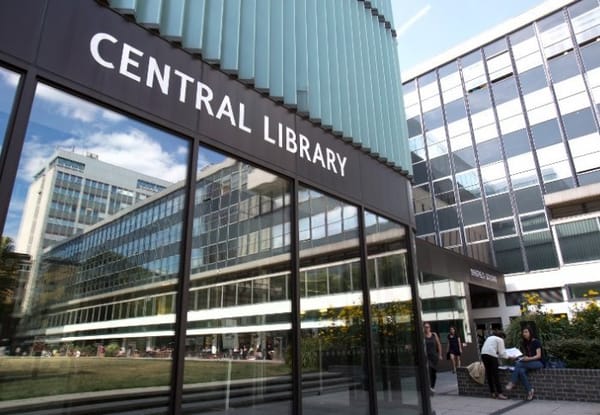“Does discrimination dominate in India?” – A Response
Having read Christy Kelly’s article last week asking “Does discrimination dominate in India?”, I couldn’t help but think of the simple answer: yes.
Having read Christy Kelly’s article last week asking “Does discrimination dominate in India?”, I couldn’t help but think of the simple answer: yes. In a civilised country like India the treatment of women and “untouchables” is not only completely unacceptable, but also completely unforgivable. However I think it is also wrong to say that the story is as simple as saying that the BJP Party, which was sworn into power a fortnight ago, is to blame.
It was in December 2012 that India’s attitude towards women was thrown into the spotlight, when a 23-year-old was gang-raped on a public bus in Delhi – she subsequently passed away a few days later from her injuries.
Shortly after her death, Abhijit Mukherjee, the son of the President Pranab Mukherjee and a member of the (now opposition party) Congress, said that the women who were involved in the protests following the death were “disconnected with reality”. This, accompanied by his other remarks (which included saying that these women “went to discotheques” and are “highly dented and painted”), was later attacked as being sexist. Another to be seriously criticised was spiritual guru Asaram Bapu, who suggested that the victim was “to blame for her own assault”.
It is a problem. It is a major problem. It is a major problem that needs a solution. To borrow the phrase from Christy: “discrimination dominates in India”. But what can be done to stop it? Well, one way to begin to solve the problem is through economic development, through the creation of jobs, and through extra education, which is what new Prime Minister Narendra Modi has prioritised for the Indian people. Modi won such a landslide victory because it is felt that he can bring the change that the country is desperately craving. It is felt that he can take it away from the corruption that was rampant within the previous government. It is felt that he can make this country better. Hopefully he can be better than Obama has been when using the “Yes We Can” slogan.
The National Democratic Alliance (NDA), of which the BJP is part, now controls 336 of the 545 seats available in Parliament. The people of the country have emphatically spoken (the previous government lost more than 200 seats) and it is now time for Modi to deliver on his promises and to deliver change.
Can he do it? Let’s wait and see.








